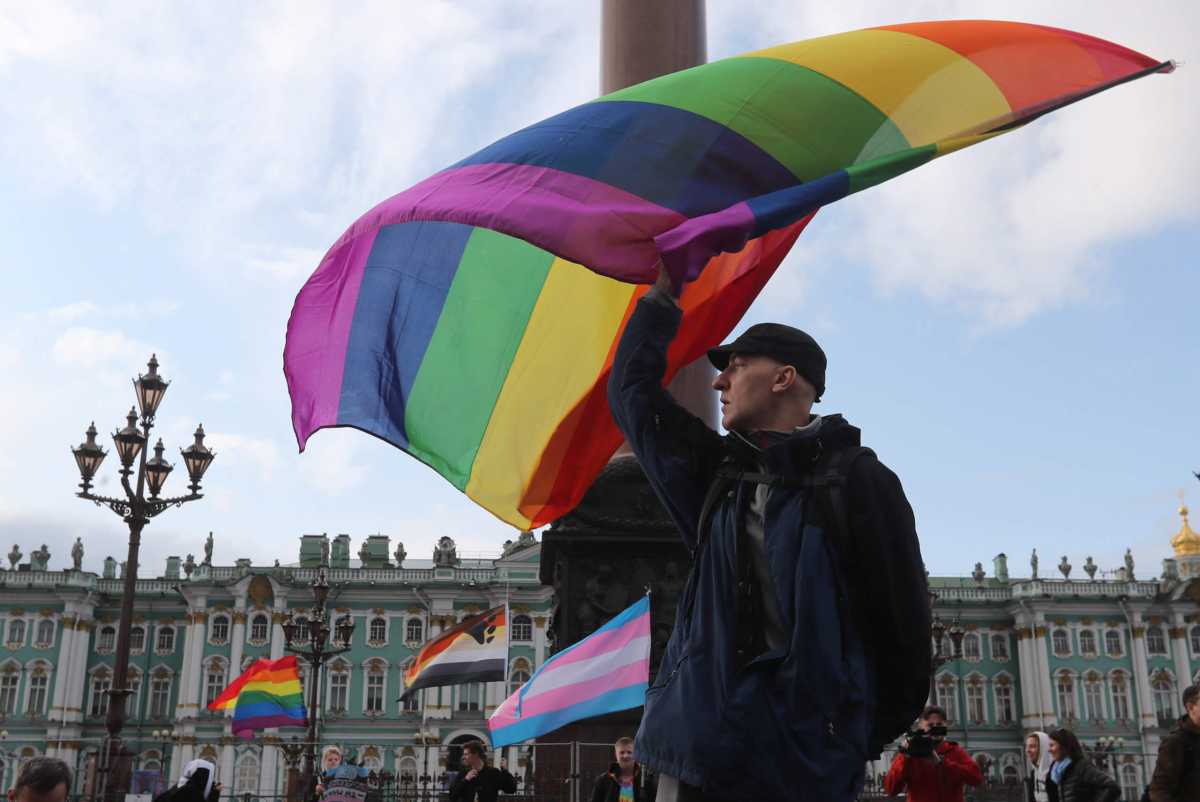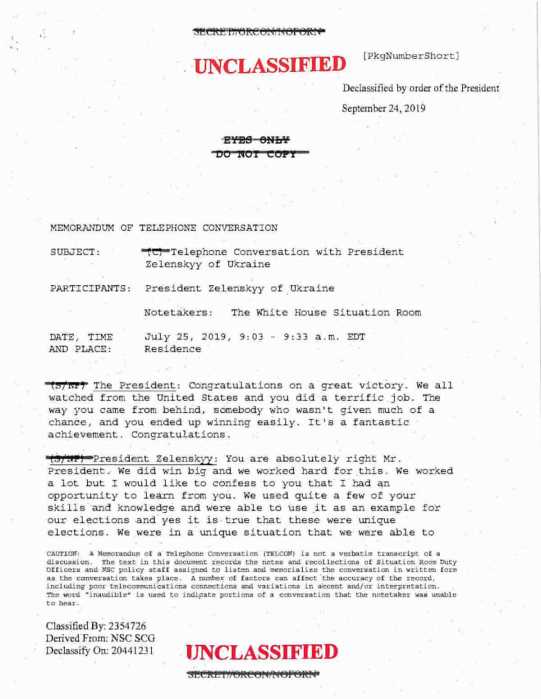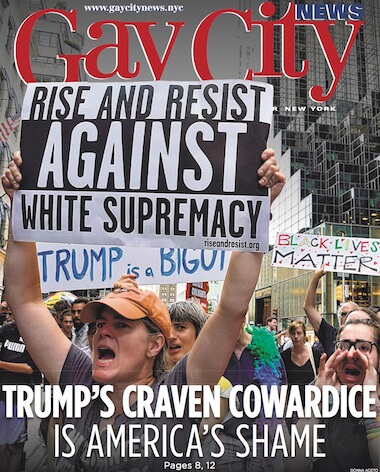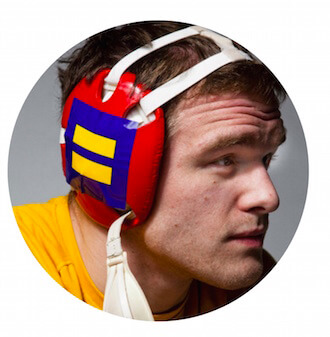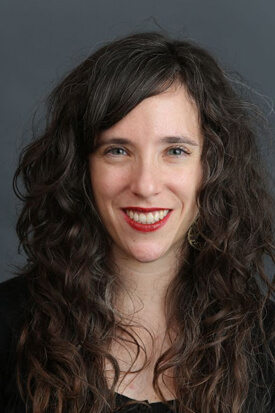Russian people remain overwhelmingly negative on the topic of LGBTQ rights, but a new poll indicates that the nation’s attitudes toward queer individuals has made some positive gains in the last five years.
The Levada Center, a Moscow-based research organization that interviewed more than 1,600 people across 50 different parts of Russia, found that 18 percent of Russian people believe gays and lesbians should be “eliminated,” though one of the study’s researchers, Ekaterina Kochergina, told NBC News that the context of “eliminate” in that question was intended to mean “to make something disappear from your reality.”
It was not clear how exactly that question was interpreted by most respondents.
Nationwide polling shows gains in past five years, though harsh biases persist
Svetlana Zakharova, the communications manager for the Russian LGBT Network, the nation’s largest queer organization, complained that the use of the word “elimination” could only help normalize the legitimacy of violence against community members.
“It is very scary and very worrying,” Zakharova told NBC, explaining that militant anti-LGBTQ groups in Russia “are very active and very aggressive and very visible, and they feel supported by the government.”
Still, the 18 percent identified this year as supporting “elimination” represented a slight dip compared to 2015, when 21 percent of respondents answered that way. Furthermore, while 32 percent of respondents said queer people ought to be “isolated from society,” that number decreased from the 37 percent who said the same five years ago.
Additionally, there is some improvement when examining the share of Russia’s population that supports queer rights. Nine percent favor helping gay and lesbian people compared to six percent in 2015.
The share of people who believe LGBTQ people should be “left alone” increased even more significantly, from 24 percent to 32 percent.
Attitudes toward sex workers, HIV-positive individuals, and homeless people also changed for the better among Russian people. The percentage of Russians who believe individuals living with HIV/ AIDS should be isolated from society dipped from 26 percent to 14 percent, while the percentage of those who believe poz folks should be assisted shot up from 58 percent to 79 percent.
Respondents were far less tolerant when asked about their views toward terrorists, pedophiles, and murderers (it is telling that these groups were bunched together with LGBTQ, HIV-positive, and homeless folks as well as sex workers in this survey). Eighty percent of respondents endorsed the “elimination” of terrorists compared to 75 percent for pedophiles, 61 percent for murderers, and 44 percent for “extremists.”
RUSA LGBT, a Russian-speaking LGBTQ group in New York City whose members have often criticized the Russian government for its homophobic actions, did not return a request for comment for this story.
The broad shift in polling numbers across Russia is particularly notable when examining the timeline of political developments surrounding LGBTQ rights in Russia. The more negative poll results five years ago came just two years after Russian President Vladimir Putin signed an anti-LGBTQ bill into law that was played up as a measure intended to protect children from information that deviates from traditional family values. That law, which has been used to justify broad crackdowns on queer communities in Russia and appears to have incited documented cases of extreme violence against LGBTQ people, coincided with a rightward shift in political attitudes in that nation.
While just 15 percent of Russians in 1999 said they wanted to “eliminate” gays and lesbians, that number increased to 23 percent by 2012. Likewise, the share of those who believed gays and lesbians should be assisted reached a high of 16 percent in 1999 before dropping to six percent in 2012, a number that remained the same in 2015 and only started to recover this year.
A separate Levada survey last year backed up the trends noted in the most recent study. The share of Russians who said they “completely agree” that gays and lesbians should have the same rights in Russia as everyone else improved from seven percent in 2013 to 20 percent in 2019.
The propaganda impact of the 2013 law on inciting negative attitudes toward the queer community appears to be wearing off a time passes, but anti-LGBTQ attitudes nonetheless persist — especially in the sovereign region of Chechnya, where there have been reports of harassment, unlawful arrests, torture, and extrajudicial executions targeting queer individuals.
In addition to cultural barriers, the capacity for political change is slim because Putin has maintained a firm grip on political power for two decades — and the LGBTQ community has been a key foil for him in consolidating power. Queer Pride events and LGBTQ-related demonstrations have often been quashed by authorities who have used the 2013 law to prevent broader mobilization of queer liberation movements.

